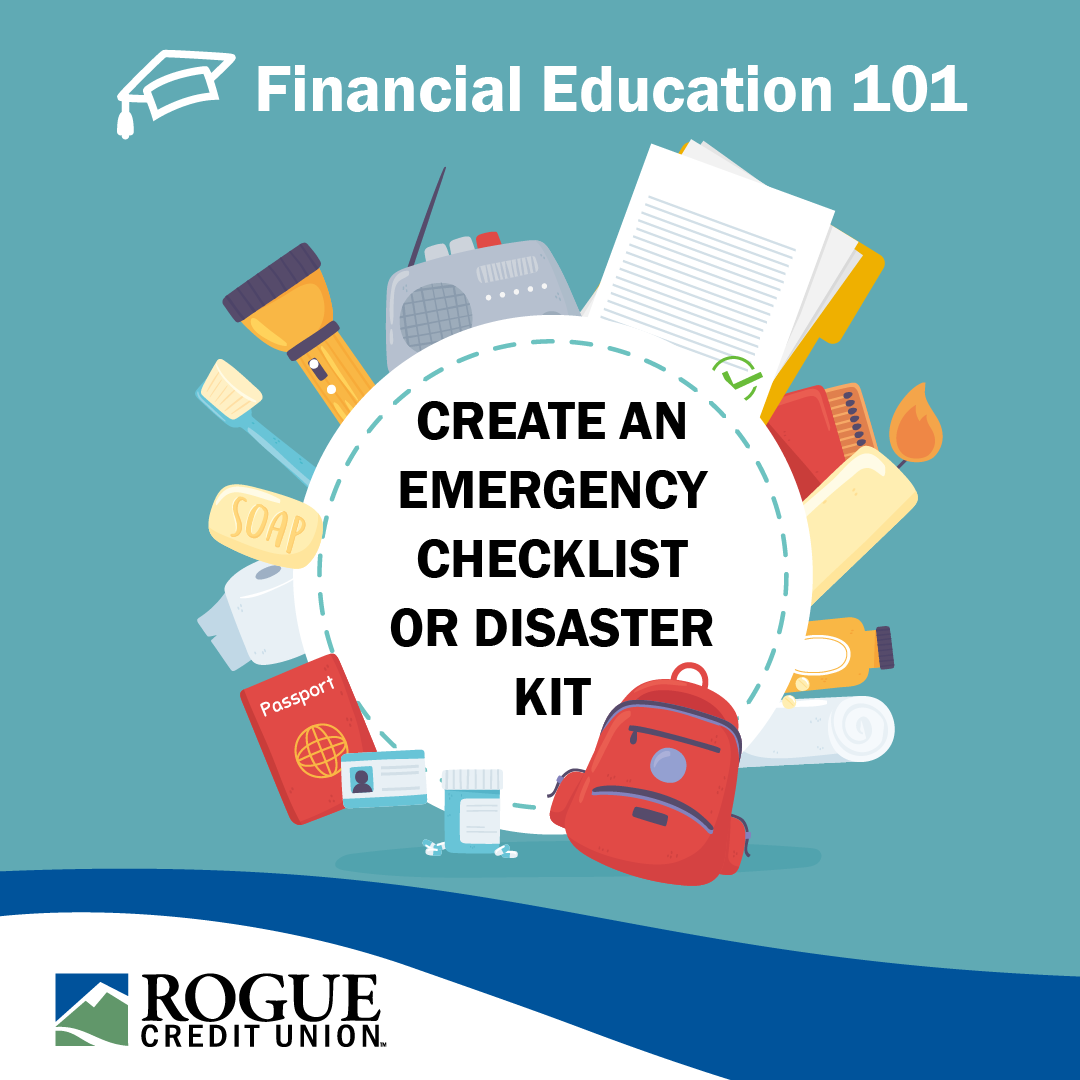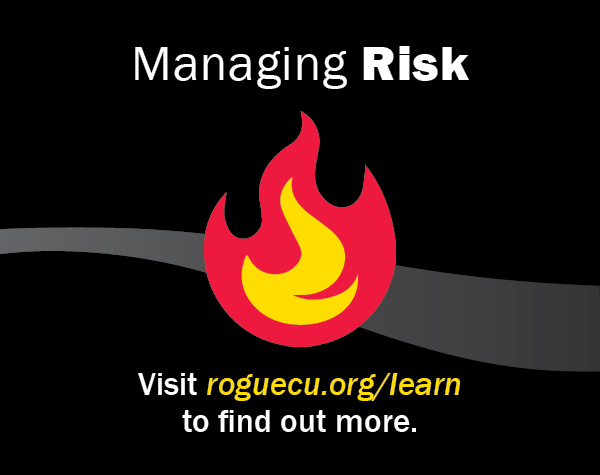Planning For an Emergency
Managing risk is an important part of financial health. We can do this in many ways, including making sure we are saving for emergencies and that we are properly insured. One important way of managing risk that is often overlooked having an emergency plan. Being prepared may seem like a bit of a hassle today, but if an emergency occurs, it can really pay off! If you are just getting started, we suggest you focus on three main things: A communication plan, a disaster kit and emergency financial documents.
Communication Plan
One of the first things you should think through is how you are going to communicate with your family and loved ones during an emergency. Some important questions to think through include:
- How will you receive emergency alerts?
- How will you contact your family?
- Where will you meet if you cannot easily contact family?
- What is your evacuation route?
Once you have thought through your plan, make sure everyone in your family is on the same page. You may even want to write it down for younger children. Even better, share these three easy steps now!
Disaster Kit
In the event of an emergency, you want to make sure that your family has access to basic supplies. Most supplies are inexpensive, easy to find and could potentially save your life! Once your kit is assembled, make sure everyone in your household knows where it is located. Depending on your situation, your family may need something different than the typical disaster kit. Visit www.ready.gov for a complete list.
- Water (One gallon per person per day)
- Food (Three-day supply)
- Battery/ crank radio
- Flashlight
- First aid kit
- Extra batteries
- Cell phone charger
- Manual can opener
- Moist towelettes
- Garbage bags
- Tarp (to shelter in place)
Emergency Financial Documents
We have created an emergency financial checklist with many of the important documents you may need in case of emergency. You may need other documents depending on your situation. Put copies of the documents in a waterproof bag and in your disaster kit.
Insurance Needs - Before Disaster Strikes
Now that you have a list of essentials you may need in the event of an immediate after math of an emergency, it is important to plan further on down the road NOW. In the event that you have to replace anything you have lost, insurance is one cost that you cannot afford to overlook. Insurance is a common way to protect assets that you cannot afford to replace such as your income, home (both owners and renters), car, and health. Make sure you are properly insured BEFORE disaster strikes. For more information on insurance, visit roguecu.org/learn.
Share this video with friends and family! You never know the impact you have on others, but in many cases, sharing is caring.
We love to hear from our members. If this article resonated with you or if you have future ideas for articles, please share with us!


